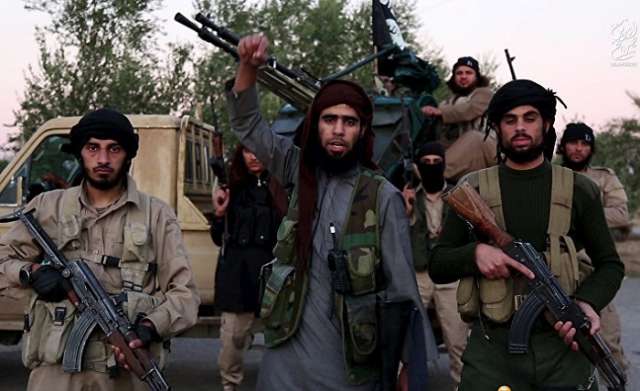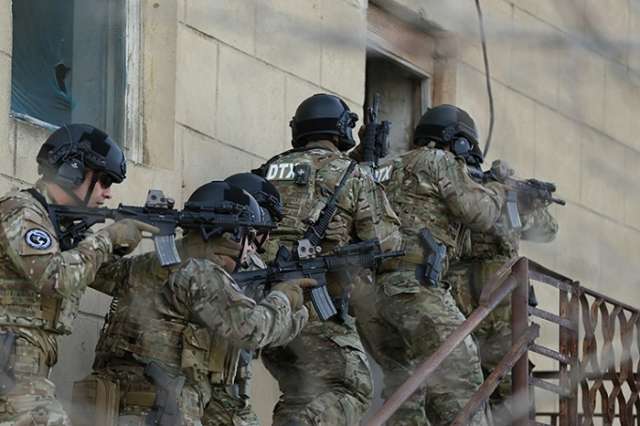Moreover, extremists are creating new strong points in a number of regions, including in Yemen, Central Africa and South-East Asia, and their goal is to establish a single terrorist network. Why did ISIS decide to change the strategy, what threats pose the creation of the new terrorist network of ISIS, which countries are in the risk zone, whether there is a threat to the South Caucasus region, Armiya.az explored in an interview with F. Giraldi.
- Why did ISIS leaders decide to change the tactics?
ISIS leaders were defeated in Iraq and Syria and could not create a territorial caliphate. So, they turned to a different strategy. In order to create new cadres and continue the fight, they will operate in the African and Asian countries, where security is weak. They will also try to make provocations in countries which have strong security systems such as the UK and France. They will use local supporters to create uncertainty about their whereabouts and capabilities.

- Which threats are posed with the creation of a new terrorist network of the IS, and which countries are at risk?
European countries with large Muslim minorities are at risk. However, much milder targets are in North and East Africa. I suppose that majority of the actions will be in this region.
- The Central Asian countries express particular concern over the activation of IS, especially in the light of the acute situation in Afghanistan. Is there any serious cause for concern?
ISIS has a strong presence in Central Asia, but it will have problems, as this group competes with other radical groups in the region. As the Taliban gets stronger and more confident, it recruits new people from the ISIS.
- The terrorists who fought in Syria and Iraq received skills in the production and combat use of chemical weapons. How serious is the situation in this area, and are there any ways to manage risks?
Yes, the wars in Syria and Iraq turned out to be a training ground for the ISIS militants. Therefore, it's important to identify people who went there and try to arrest them when they return to their home countries. The special services of those countries whose citizens are fighting on the side of ISIS should be placed in custody upon their return to their homeland.
- How effective are international measures to counter new challenges emanating from representatives of international terrorism?
Measures can be much better if there is more coordination and information exchange, but in many cases this is not done for political reasons. For example, if information was exchanged in Syria between the countries involved in the conflict, the war in Syria would end, but each country participating in the conflict supported another group. And this made it impossible to coordinate against the real enemy - ISIS.

- Is there a threat of ISIS for the countries of the South Caucasus, in particular, for Azerbaijan?
I think that ISIS poses a threat to the South Caucasus region. However, your country has active security services. I believe that ISIS threat to Azerbaijan is less than in neighboring countries.
More about: #ISIS #Azerbaijan #South-Caucasus
















































